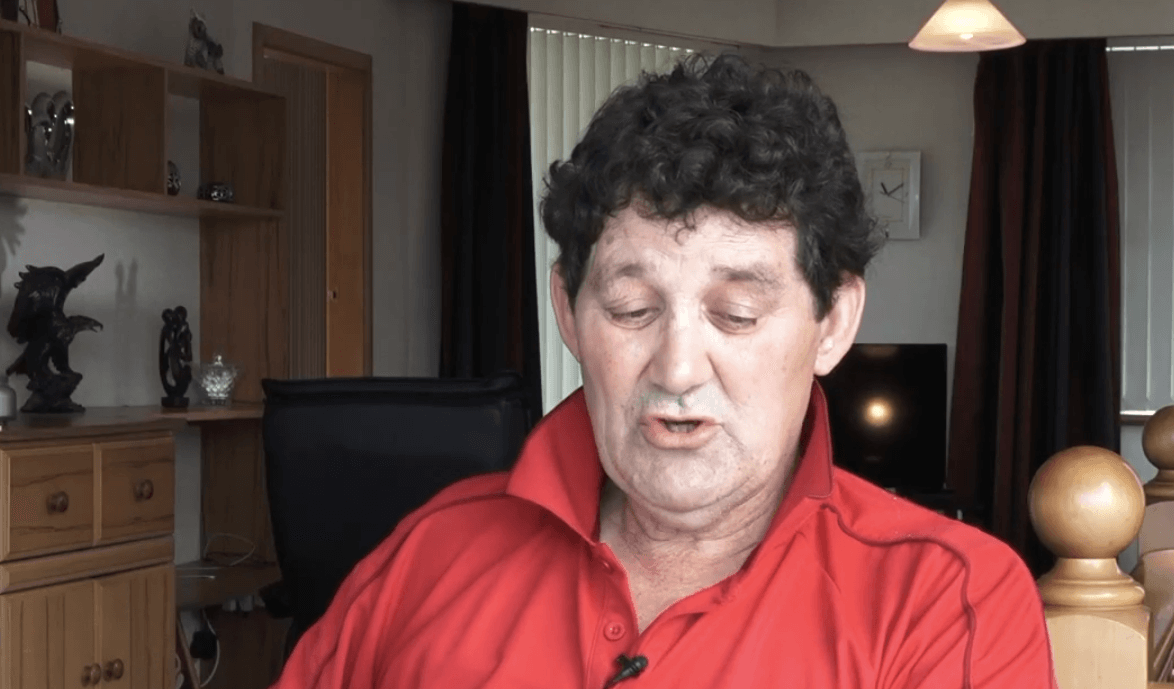A Southland man is facing terminal cancer after major delays in treatment at Southern District Health Board.
The DHB has been forced to apologise to four urology patients for falling short in their treatment and care, after a scathing report from the Health and Disability Commissioner.
The report says the DHB’s urology service was “unacceptable,” after 38 complaints were made since the beginning of 2016.
“Many patients waited with no treatment and no information about when they would be treated,” the report says.
One of the four patients, Stephen Hoffman, was referred to the Southern DHB in September 2016, with a high suspicion that he had prostate cancer.
He told Checkpoint he should have been seen in weeks. Instead it took months.
“It got close to Christmas and I said to my wife, ‘I’m not going to be seen this year.’ It rolled into next year, on February 20 we had this appointment.
“Basically the hospital says after I got triaged, I got lost in the system. Five months had gone by. I should have been seen and done in 61 days.
“The surgeon, he said to me if he’d known about it, ‘you would have been seen and all done in 61 days’.
“That probably would’ve meant that I wouldn’t have needed any radiation, chemo… And I would have been ready for work at the start of 2017, and I would have been out in the workforce, making money for the country as a taxpayer.
“As it is, I’ll never work again.”
During his 10-month wait, Mr Hoffman says he struggled with having to take different pills to help him urinate.
His prostate was removed on July 6, 2017. During this time he could not work, his holiday leave and savings dried up.
At the time, Southern DHB chief executive Chris Fleming confirmed to Checkpoint that Mr Hoffman was one of at least six men whose cancer had spread while they were waiting for treatment.
An external review in 2017 slammed the urology service, and recommended changes. The then-government and DHB said changes were happening.
Two years later, Mr Hoffman’s cancer has spread to his lungs, and the latest report from the Health and Disability Commissioner says the service is still unacceptable.
“The government, they skite about a $7.5 billion surplus, hell that’s great, damn great but we’ve got a hospital, health system falling to bits. Fix it up.”
Mr Hoffman received a letter in September from Mr Fleming, saying the level of care he received was unacceptable, “and we unreservedly apologise that we could not provide you with the reasonable and timely care that you required”.
Mr Fleming told Checkpoint his team developed the apology letter to Mr Hoffman, and he stands by its words.
“The organisation and the health system have let these four patients down… We’ve let people down in varying states and we need to be held to account in terms of what we have done in order to improve the services moving forward.”
Mr Fleming says the DHB is accountable for patients waiting months longer than they should have been.
Currently, he says “for those patients who have been seen and identified as needing surgery, there are about 100 patients waiting longer than the four months.
“However none of those patients, with the exception of a small number of people who have been delayed for personal reasons or valid clinical reasons – none of the patients waiting longer than four months for surgery are cancer patients.”
The Health and Disability Commissioner has made a list recommendations for changes at Southern DHB, with a three-month time period to report back.
Mr Fleming says improvements are underway with increased staffing levels and more streamlining of biopsies, and the DHB will be able to achieve the recommended changes.
Health Minister David Clark said in a statement he is well-aware of the distress and “health loss” that can result when people wait too long for appropriate treatment.
Mr Clark says he expects the Southern DHB will address the issues identified in the report as a matter of priority.
He says he’s been told the DHB has made good progress reducing wait times for urology first specialist assessments but has more work to do to ensure all patients who need surgery receive it in a timely fashion.
Source: rnz.co.nz Republished by arrangement.

